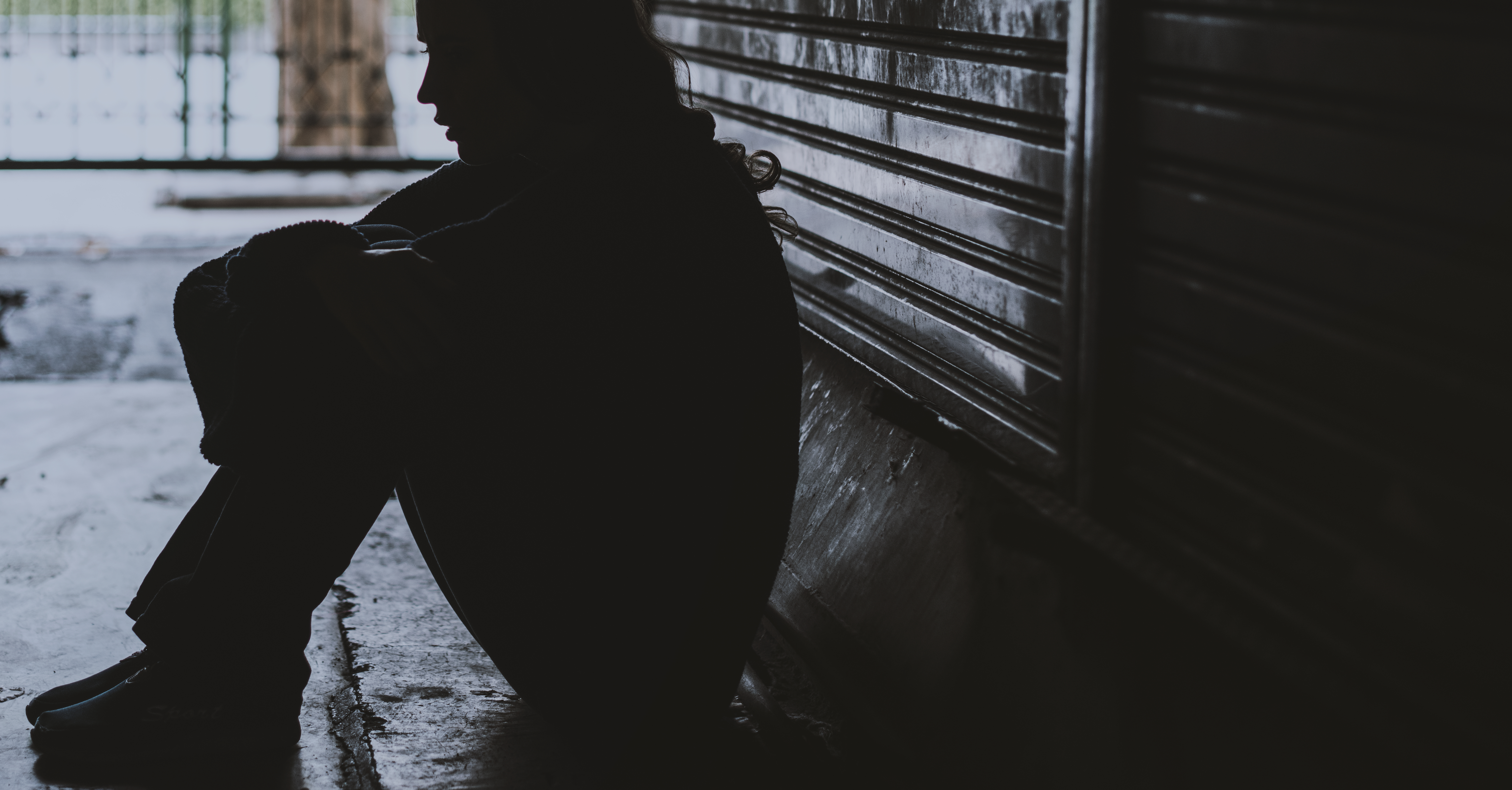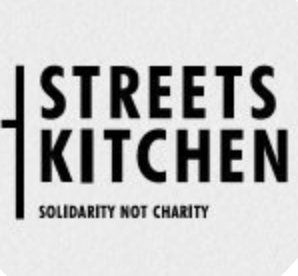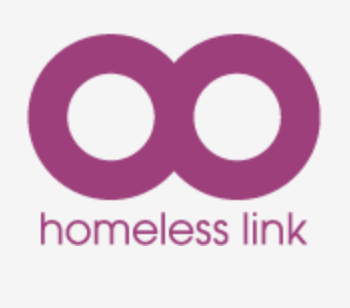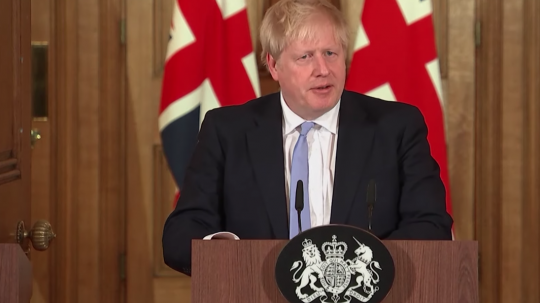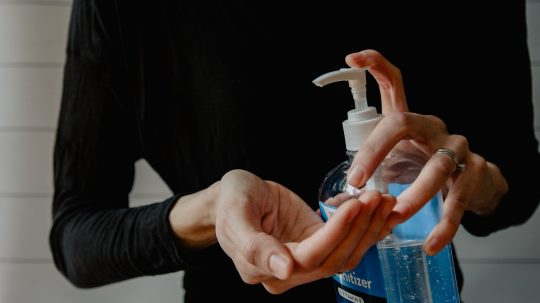With the number of people testing positive for coronavirus increasing each day, many in the UK are understandably concerned about how best to keep themselves safe and healthy.
Official NHS guidance encourages members of the public to wash their hands often and for at least 20 seconds, to increase “social distancing” from others and to “self-isolate” if presenting with symptoms. But for those who are in homeless accommodation or sleeping rough, there are obvious obstacles.
Filmmaker Paul Atherton, 51, has been homeless for more than a decade. He currently spends his nights in Heathrow Terminal 5, drawn to its relative security and 24-hour-a-day food shop. He is one of the more than 283 people who were seen sleeping rough in the airport last year, according to data from the London Mayor’s office.
“I would have said it is probably one of the most high-risk areas with people coming and going and touching things,” he said. On whether he would consider leaving, he added: “It might decrease the risk of getting the virus but there would be a higher risk of violence and other things.”
Atherton has chronic fatigue syndrome, putting him among those group of people most vulnerable to Covid-19. In spite of this, he said: “I am not panicking. I have been homeless for over a decade. I’m expecting to die everyday.”
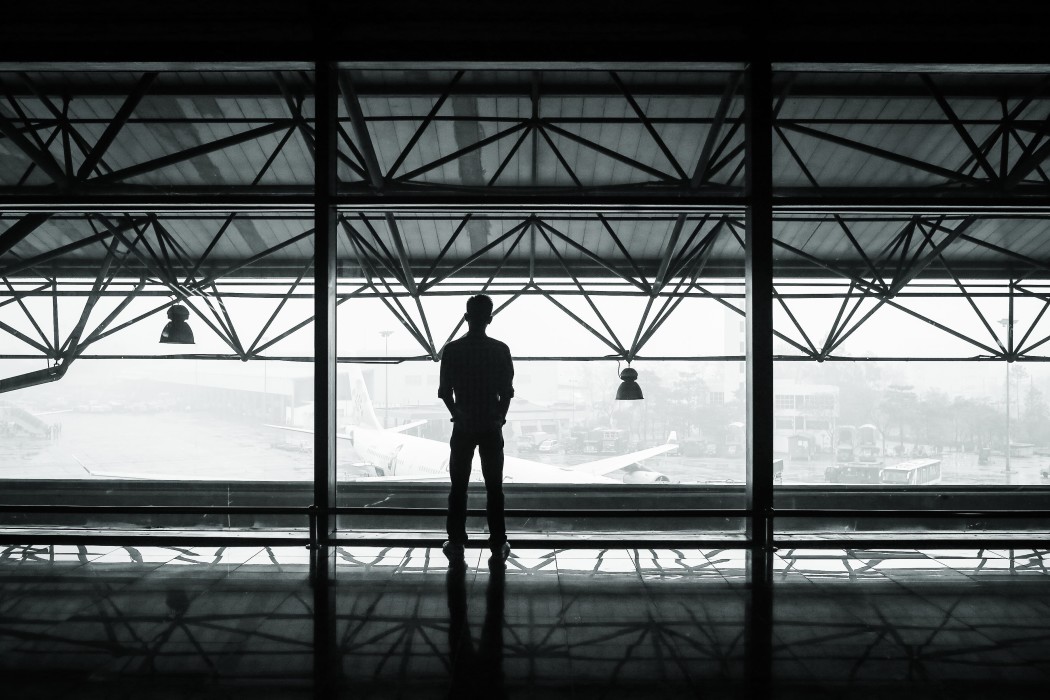
Richard Curtis stays at Heathrow Airport because of its relative safety and security.
The coronavirus outbreak is of greater concern to 68-year-old Richard Curtis, who now lives in homeless accommodation after nearly three decades of on-and-off rough sleeping.
As he arrived at a drop-in lunch at a north London community centre on Tuesday, Museum of Homelessness staff took the temperatures of volunteers and other clients. Anyone with a temperature above 38 degrees or more would be considered to have a fever – one of the virus’ main symptoms – and would pose a potential risk to rough sleepers.
Richard’s list of ailments is lengthy and includes severe breathing difficulties caused by his stage four chronic obstructive pulmonary disease. “Yes, of course I am worried about it, to be bloody blunt and truthful about it,” he told EachOther as he ate lunch at a drop-in centre in north London’s Vibast Community Centre. “I’m on steroids, which knock out my immune system.”
He is currently in accommodation but fears he could be evicted within weeks amid a long-running dispute.
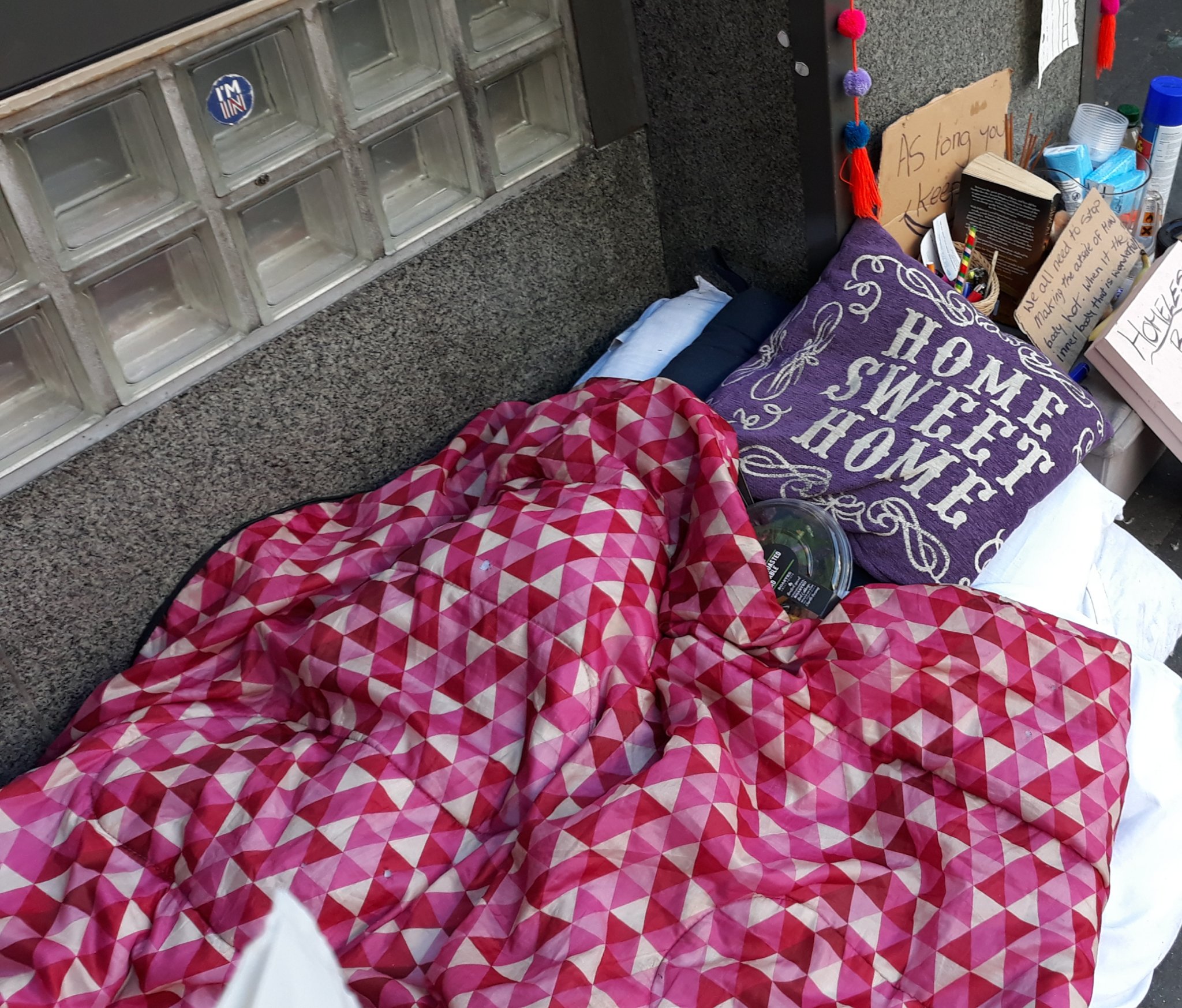
An image of where Richard Curtis used to sleep before he was moved into accommodation almost two years ago. Credit: Richard Curtis.
A stone’s throw away, Kevin Smith was sitting in his sleeping bag reading a newspaper beneath a bridge by north London’s Holloway Road Tube station. He told EachOther he had been sleeping rough since his window cleaning business went bust a year earlier.
“I have been thinking about it a bit,” the 43-year-old said, on the coronavirus pandemic. “I’ve gone to the shops and there’s no hand sanitiser. I had to buy Dettol soap instead.”
Kevin said he is able to wash his hands in public toilets – many of which have closed down amid funding cuts – and fast food shops, which often have security on the door.
Jon Glackin, founder of grassroots homelessness network Streets Kitchen, said: “There is a tension in the air undoubtably … the winter shelters are going to be closing soon. You are going to have thousands coming out on the streets. It’s almost a perfect storm.”
Local authority data shows that almost 28,000 people were recorded sleeping rough in the past 12 months, while a report by The King’s Fund released earlier this month shows that the number of rough sleepers admitted to hospital has surged by 130 percent in five years. Streets Kitchen and the Museum of Homelessness have written to the housing secretary Robert Jenrick,calling on him to “divert extra funding” towards opening a disused hospital in which rough sleepers could self-isolate.
The Liberal Democrat MP Layla Moran also wrote to Jenrick on Thursday calling for an “action plan” from the government.
“We need a proactive action plan. Will health checks be administered, especially for rough sleepers? Will emergency accommodation be provided?,” she said. “The government must act now, before what is an emergency for homeless people in our country becomes a crisis.”
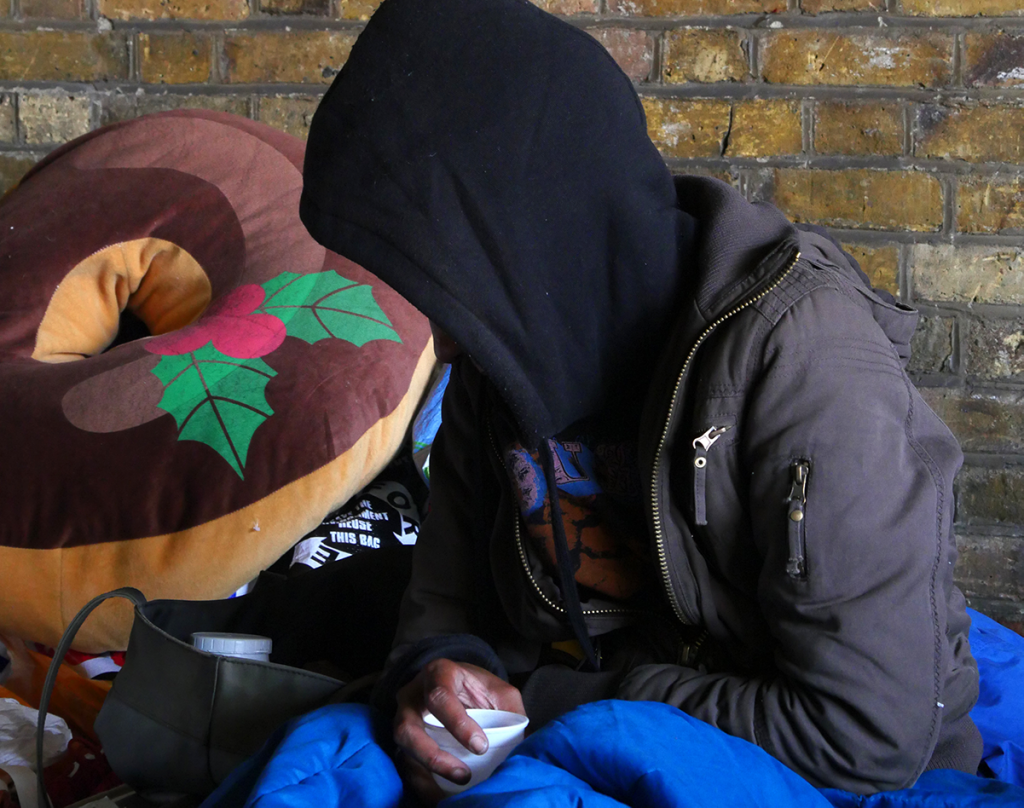
A rough sleeper in an east London underpass. Credit: Aaron Walawalkar
Matthew Downie, director of policy and external affairs at homelessness charity Crisis, added: “People sleeping rough are particularly vulnerable because they are more likely to have a range of existing health conditions and face specific challenges in that they may be unable to regularly wash their hands, nor can they self-isolate if they feel unwell.
“This guidance must set out what measures the government is taking to ensure rough sleepers get appropriate health checks, what accommodation will be provided so that people can self-isolate and advice for the public on how best they can support people who are homeless during the coronavirus outbreak.”
A Public Health England spokeswoman said the government is working on its guidance for homeless people which it expects it will publish this week. The Ministry of Housing Communities and Local Government was contacted for comment.

